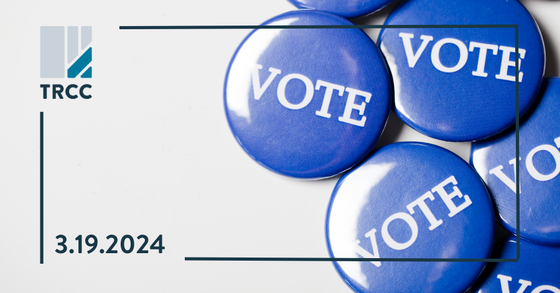
“The business community understands the need to provide critical safety services and improve our city’s infrastructure,” said Brian Dicken, VP of Advocacy and Strategic Initiatives at the Toledo Regional Chamber of Commerce. "While we support the renewal, the Chamber and TASBA boards have an expectation that the City will continue to increase the level of transparency on spending and focus priorities on efforts that will attract and retain both people and businesses."
Issue 8: The Mental Health & Recovery Services Board is seeking a new 1.00-mill, 10-year property levy to replace the existing .5 mill levy which will be allowed to expire on December 31, 2024. The levy will be used to maintain critical services while expanding services to youth, older adults, and individuals involved in the criminal justice system. The Mental Health & Recovery Services Board’s administrative budget accounts for 6.1 percent of expenses. The remainder of expenditures are currently distributed to 27 local organizations that provide mental health and substance use recovery services. These organizations currently serve more than 26,781 Lucas County residents.
“Since the pandemic, mental health and recovery have emerged as critical areas requiring attention, both socially and economically. Increased need for mental health care is straining our capacity at a national level, and we are feeling that locally as well,” said Wendy Gramza, President and CEO of the Toledo Regional Chamber of Commerce. "This increase in funding will help bridge that gap, resulting in a healthier, more productive, and prosperous future for our region."
These levies were reviewed by the Chamber's Levy Review Subcommittee, which researches and studies levy requests and makes recommendations to other Chamber committees, culminating with the Chamber and TASBA Boards.
The levy review process ensures that levy requests are examined by a broad cross-section of the Chamber's membership and reflect the views of the business community. The Chamber's comprehensive levy review process includes presentations by the agencies making the request, an examination of the impact of the levy request on both the agency and taxpayers, and a review of agency financials to better understand the need behind the request.

 RSS Feed
RSS Feed
